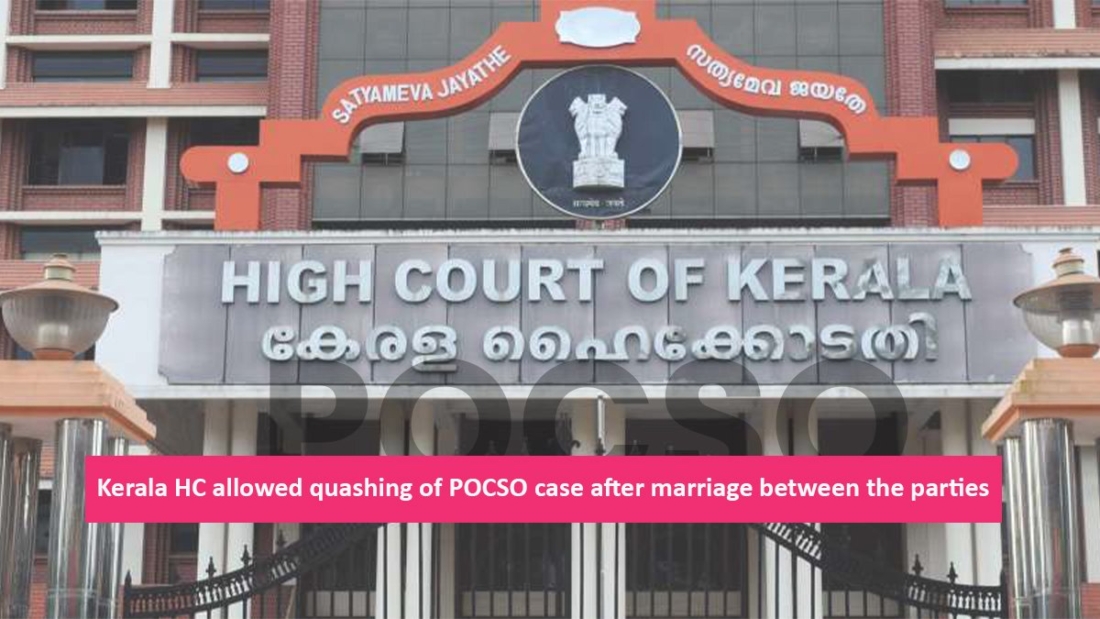Recently, in two cases with similar facts, (Name redacted) v. State of Kerala [Crl. MC. No. 5674 of 2020 (H), Decided on 16 April 2021] and XXX v. XXX and Others [Crl. MC. No. 5765 of 2020 (A), Decided on 20 April 2021], the Kerala High Court quashed the criminal proceedings initiated under the Protection of Children from Sexual Offences Act, 2012 (“POCSO Act”).
In both the cases, the accused were primarily charged under Sections 3 and 4 (penetrative sexual assault), and Sections 5 and 6 (aggravated penetrative sexual assault) of the POCSO Act, along with Section 376(2)(n) of the Indian Penal Code. The petitioners-accused filed their respective petitions under Section 482 of the Criminal Procedure Code (“CrPC”) to quash the proceedings. The submission was that the petitioners-accused and the victims were in love and got married to each other after the complaints were filed – as a result, they had amicably settled the matter. Further, the de-facto complainants (i.e., the father of the alleged victims) also submitted affidavits stating that they did not have any grievance against the petitioners and had no objections to the proceedings being quashed.
In the first case above mentioned, Justice Bechu Kurian Thomas relied on the decisions in Gian Singh v. State of Punjab, Narinder Singh and Others v. State of Punjab and Another and Yogendra Yadav and Others v. State of Jharkhand for recognizing the settlement entered into by the parties. This led to the conclusion that no public interest was involved, and the petitioner was entitled to get the proceedings quashed under Section 482 of the CrPC.
In the second case above mentioned, it was brought to the attention of the Judge that the victim girl was 17 at the time of the incident i.e., prior to 20 February 2019, and the victim girl and the petitioner-accused solemnized their marriage on 20 November 2020. Justice K. Haripal remarked that if the parties have themselves settled the dispute, the Court cannot refuse to invoke its inherent jurisdiction under Section 482 of the CrPC. Further, the Court also stated that no public interest was involved, and it only made sense to terminate the proceedings, for the well-being of the couple.
In both the cases, the petitions were allowed, and the proceedings initiated against the petitioners-accused were quashed.
– Aakriti Chokhani, Advocate & Associate, Child Safety at Work & Vaishali Jain, Paralegal, Child Safety at Work
 Cart is empty
Cart is empty 

